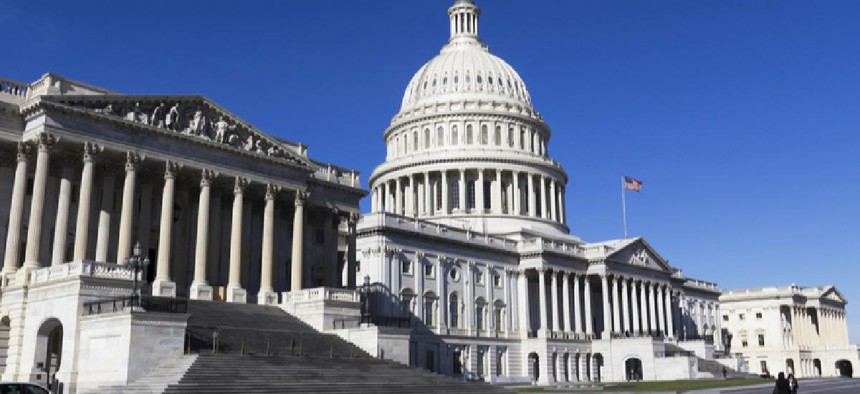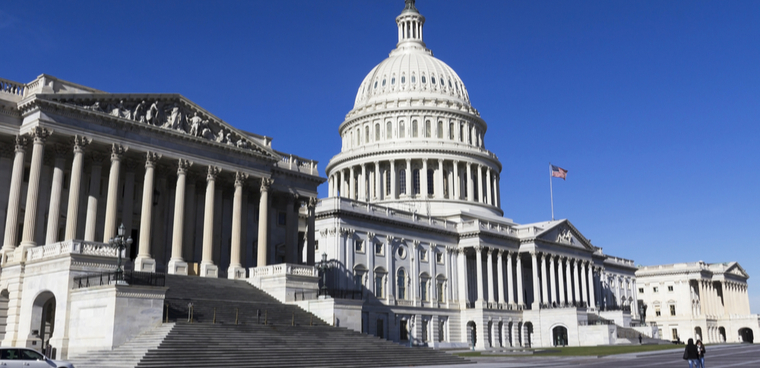CBO looks to boost cybersecurity

The Congressional Budget Office is looking for ways to shore up its cybersecurity defenses.

The legislative branch's economic analysis office is looking for ways to shore up its cybersecurity defenses.
The Congressional Budget Office posted a request for proposal soliciting a cybersecurity monitoring service for IT infrastructure through a five-year deal, to begin June 1, with options after each year.
CBO, which has nearly a $50 million budget in fiscal year 2018, is "currently redesigning its infrastructure to accommodate a third facility that will serve as a failover or backup datacenter," according to contracting documents.
The scope of the contractor's work will include data collection and analysis, threat monitoring and detection, cloud monitoring, threat alerting and notification, portal access and reporting, vulnerability scanning, continuing risk assessment coordination, plus incident management and response.
The office in charge of overseeing CBO's IT infrastructure -- which runs across two physical facilities and two cloud platforms, one in Amazon Web Service and another Microsoft's Azure -- provides back-office support to 245 employees. The statement of work specifically cites the limited IT staff and increasing cyber threats as the "key factors leading the agency to pursue external monitoring services."
The need to improve the cybersecurity posture across the legislative branch has been pushed from within and outside of government.
In February, Sen. Ron Wyden (D-Ore.) raised "grave concerns" about the security of a server used by the legislative branch's Office of Compliance, which contains, among other data, records of sexual harassment complaints.
In a letter to the Office of Compliance, Wyden called the cybersecurity measures "astonishingly lax," pointing to the server's never having gone through a cybersecurity audit and noting "that it has not implemented rudimentary defensive network-security best practices."
In a recent essay for the online security forum Just Security, CATO Institute Senior Fellow Julian Sanchez raised similar concerns about the security across the legislative branch, especially given sensitive data its systems house.
"Given what appears to be the low level of information security on the Hill, we probably don't need to ask whether such information has been gathered by foreign intelligence services," he wrote. "Instead, we should be asking what use is made of it."


